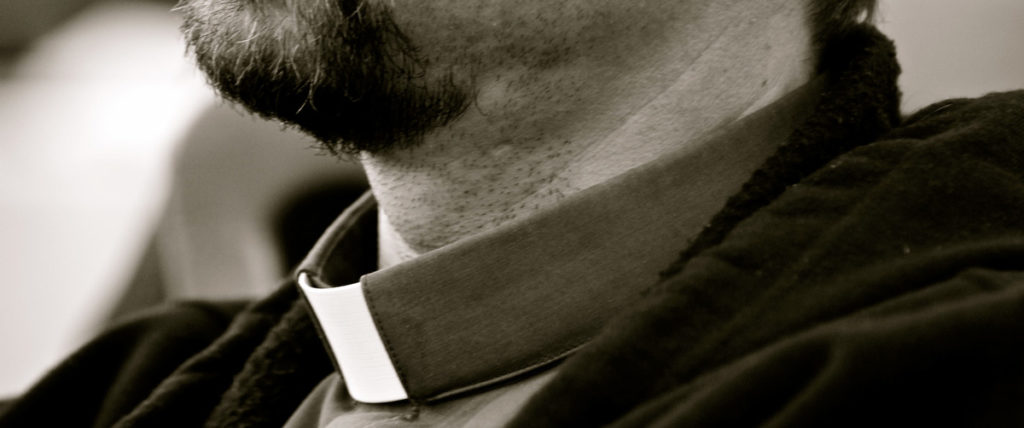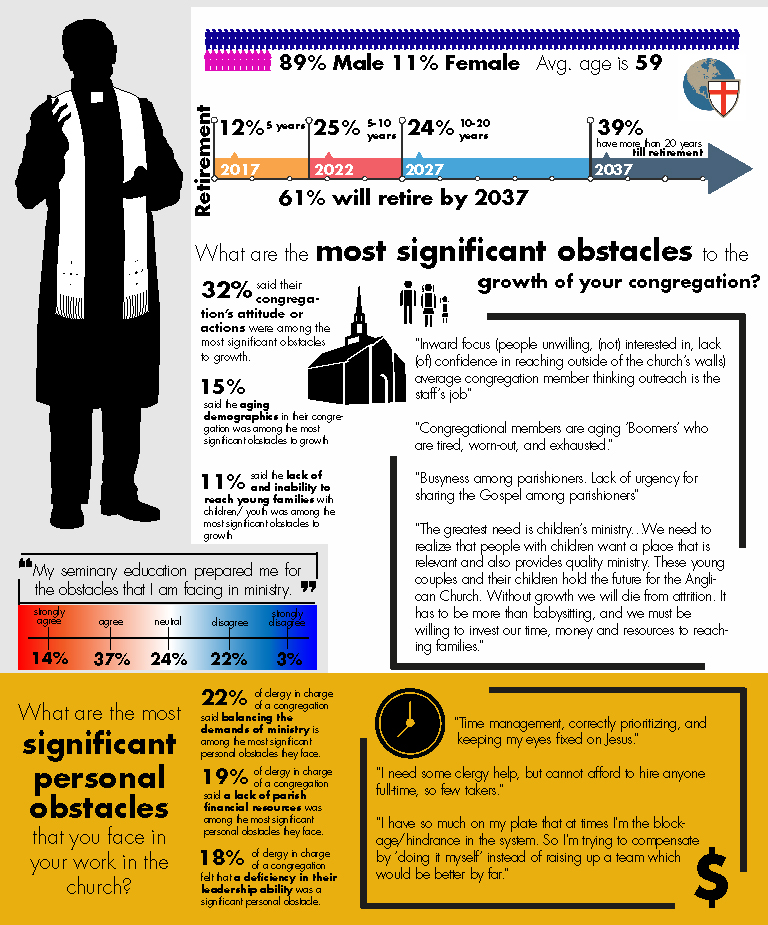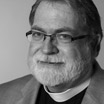“Now it is required that those who have been given a trust must prove faithful. I care very little if I am judged by you or by any human court; indeed, I do not even judge myself. My conscience is clear, but that does not make me innocent. It is the LORD who judges me…” (I Corinthians 4:2-4 NIV)
Last week I shared about entering 2018 with a resolve to be a faithful steward of that which God has entrusted to us right now, exactly where we find ourselves. I wrote last week in the context of the Anglican Church in North America’s (ACNA) College of Bishops meeting which concludes today. I hope you joined me in praying for our bishops this week. As I write, I don’t know the outcome of their meeting. I trust we will hear soon enough.
But today I would like to write about being a faithful steward of that which God has entrusted us as clergy: those who have been called to Holy Orders, ordained ministry, full-time and bi-vocational, Rectors, assistants, church planters, married or single…
From June through August of 2017 the American Anglican Council conducted a survey of clergy in the ACNA. You can find the infographic of that survey here. Many clergy are facing similar obstacles and challenges where they serve:
- Conflict around the transition from an inward focus to an outward, missional focus
- Aging congregations and the challenge of reaching younger families and younger generations (millennials and even unchurched “nones”)
- Not enough resources—whether full-time or bi-vocational—to minister to the needs around us
- Complacency and discouragement in an increasingly secular culture hostile to our faith
And yet…despite these evident challenges, it is absolutely remarkable how many clergy feel that their best days of ministry lie ahead! That says a lot about the faithfulness of our ACNA clergy, and their trust in Christ for the future.
But the trust we have as clergy is not just the churches or ministries that we lead and serve: It is the vows we have made to God Himself, that sacred trust we have affirmed before Him and His Church, which includes (among other things):
- Being diligent to frame and fashion our own lives, and the lives of our families, “according to the Doctrine of Christ, and to make both [ourselves] and them, as much as in [us] lies, wholesome examples to the flock of Christ,”
- Administering God’s Word and Sacraments “as the Lord has commanded and as this Church has received them;”
- Banishing and driving away from the Body of Christ “all erroneous and strange doctrines contrary to God’s Word,” publicly and privately, to weak and strong alike;
- Being diligent in prayer, in the reading of Holy Scripture “and in such study as may further the knowledge of the same, laying aside the study of the world and the flesh,”
- Maintaining and promoting, “as much as [we] are able quietness, peace and love among all Christian people, and especially among those who are or will be committed to our charge,”
- Reverently obeying those in authority over us[1];
[1] The Ordinal of the Anglican Church in North America: Being the Form and Manner of Ordaining Bishops, Priests and Deacons, (Authorized and Adopted by the College of Bishops, 2013) https://s3.amazonaws.com/acna/2016Ordinal.pdf> Accessed 11 January 2018.
These vows remind us that the trust we have been given is as much, if not more, about being than doing. These vows are a sacred trust to love our spouses and children and help them to live their lives as Jesus would. Family, immediate and extended, is a priority. These vows call us to a life of obedience to Christ, holiness of life, courage and conviction, study and prayer. One could even say that the trust we have been given as clergy is to guard our hearts and make sure that they remain full of Christ—and nothing less.
“Above all, guard your heart, for everything you do flows from it.” Proverbs 4:23 (NIV)
As I revisited our clergy survey yesterday, comments from the clergy underlined the truth of Proverbs 4:23. Among the most significant obstacles clergy have shared with us are matters of the heart. How to fight off discouragement, depression and a nagging sense that one’s ministry is falling on deaf ears. Loneliness and isolation from other clergy with whom one might find significant encouragement. Wounds from conflicts past and present eroding one’s ability to trust others—including the very flocks we shepherd. A driven-ness to “get everything done” which results in a lack of focus, with emotional and spiritual burnout following. A conviction that the public life one lives does not match the inner life of heart, soul and spirit—a lack of integrity between the walk and the talk. A hunger for more time for reflection, prayer and restoration of the soul. A thirst for the release of the Holy Spirit in greater measure.
So, dear brother and sister clergy, how will we steward our hearts in 2018?
Many years after I visited with the Rev. Dr. John Stott in Berkeley CA, he came for one of his last visits to Northern Virginia where I was then serving. The clergy gathered at The Falls Church eagerly to hear Dr. Stott share his perspective on “Ministry and Leadership in the Church.” Of all the things he said, there was one that especially convicted me. Someone asked him if he had one thing to commend that enabled him to experience such fruitfulness in ministry for so many years. Without hesitation, he described a certain discipline he observed all his life. His discipline was to spend one hour every day in study (the study which we vow to take as clergy), one study morning every week, one study day every month, and one study week every year. He shared with us that this is what helped inspire his prayers, his preaching, his ministry, his ability to read over 20 books a year and to write countless more over the years. And this discipline was in addition to sabbath and vacation!
These “holy boundaries” enabled Stott to guard his heart, to resist the temptation to doubt his call from God to minister where he was, and the allure of a better position “on the other side of the hill.” These boundaries enabled him to joyfully till that part of the vineyard where he was so clearly called and gifted. And, as we know, the enormous impact of his ministry and witness lives on!
Holy boundaries are essential to guarding our hearts, from which we steward the ministries that God has entrusted to us. You can call them margins, habits of the heart, spiritual disciplines or a Rule of Life. They are not the whole answer, but they are a good place to start as we make our resolutions for 2018 to be better stewards.
I have a list of holy boundaries that I would like to establish (and re-establish) in 2018. They begin with the reminder that my identity lies in Jesus Christ and his love for me— a sinner, recklessly loved and redeemed by his precious blood—and not in my work product. It’s the most simple but profound truth that we trust as followers of Jesus Christ. It’s the truth that I find in a wonderful sketch that hangs in my “prayer room” of Jesus burying his head, with nail scarred hands, into that sheep he has just rescued.
That sheep is me. That sheep is you. We must never forget it. It’s the truth that guards our hearts “from which everything else flows,” including the trust we steward as under-shepherds of the Good Shepherd.
There are other “holy boundaries” I hope to recover and establish this year as well.
How about you, dear brother and sister clergy—what holy boundaries will you resolve to establish to guard your hearts?
Next week I’ll conclude with the principal agents of God’s mission— the “non-ordained” but equally called people of God.
The Rev. Canon Phil Ashey is President & CEO of the American Anglican Council.





